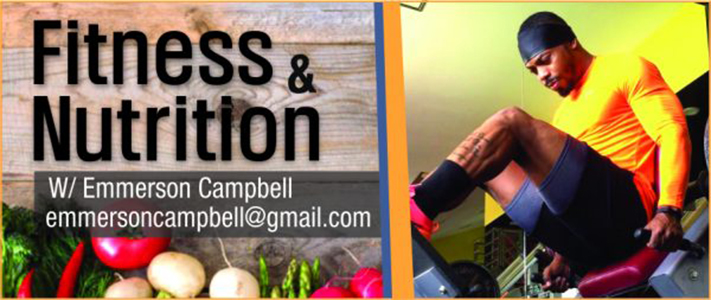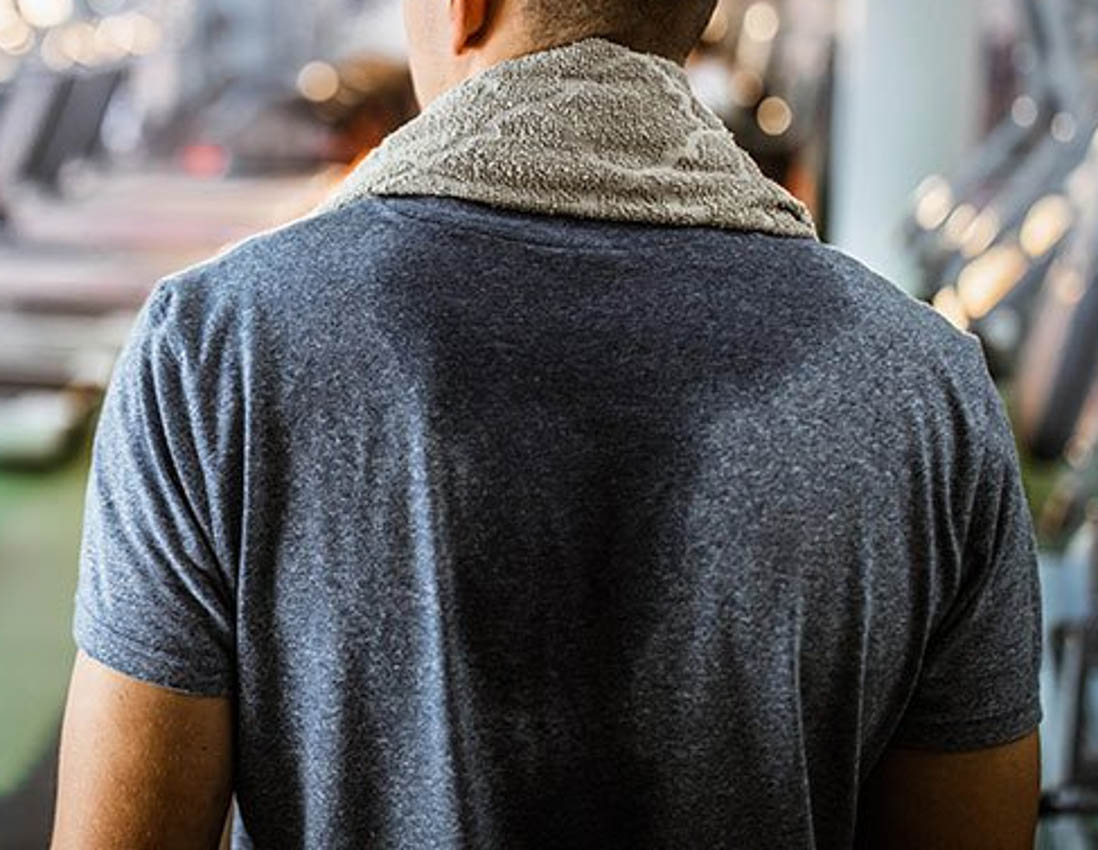
The more you sweat the more fat you lose Sweat has nothing to do with intensity; it’s your body’s way of getting rid of heat. Fat is oxidized inside your body, and it is not going to vaporise because you’re sweating.
Lift lightweight for many reps to get toned. Leanness and muscle definition come from having muscle mass and low body fat. If you train with light weights only, you just won’t build muscle. If you don’t have any muscle mass, you won’t burn much fat. If you have low body fat coupled with small muscles, you’ll have nothing to show off.
If you are not sore, you didn’t work out hard enough
Soreness is inflammation and the chemical response to inflammation. The only yardstick by which you need to measure progress is that of your goal. There are Olympic athletes who haven’t felt soreness in years. Judge your workout by what happens during that workout.
If you hit a PR, and you aren’t sore the next day, it doesn’t mean you didn’t expend enough energy, it means your energy expenditure was just right. Judging your progress by a pain threshold is incorrect — you don’t have to have soreness to gain muscle size or strength.
Cardio burns muscle
While it is true that performing an excessive amount of cardio can negatively impact your gains by interfering with weight training performance and recovery, a moderate amount of cardio is completely fine.
Moderate cardio will not cause you to lose muscle, and including some form of cardiovascular exercise during the week is recommended for the overall physical and mental health benefits.
Ensure that you don’t perform your cardio immediately pre-workout to avoid pre-fatigue right before weight training, and ideally limit it to 2-3 sessions per week. Cardio can be increased later on if needed.
Fasted cardio increases fat loss
This myth has been pretty thoroughly debunked over the years. Whether you perform fasted cardio or fed cardio, it’s not going to have any noticeable impact on your overall fat loss if your total calorie intake versus expenditure for the day stays the same.
While fasted cardio increases lipolysis (the amount of fat that gets broken down), it doesn’t increase fat oxidation (the amount of fat that gets burned for energy). Ultimately the fatty acids that aren’t used for fuel are re-stored as body fat.
If fasted cardio is a preference, this is fine, but your pre-cardio nutrition strategy should be what feels best for you. When it comes to fat loss, don’t obsess over what happens during short windows of 30 minutes or an hour. What matters is that you’re maintaining a net calorie deficit for the overall day and week as a whole.






